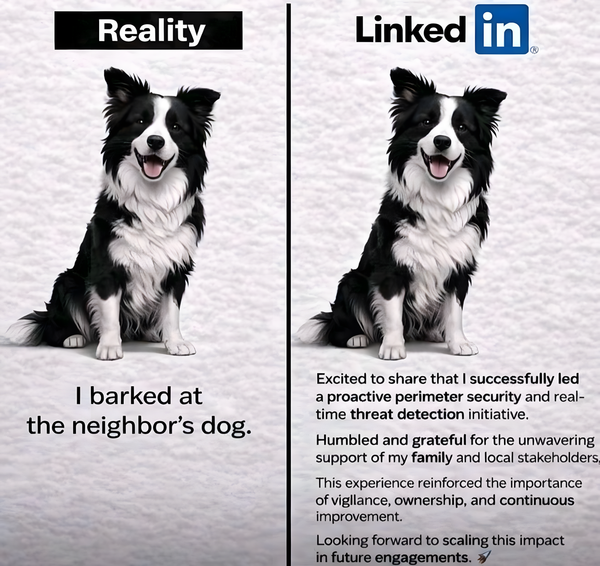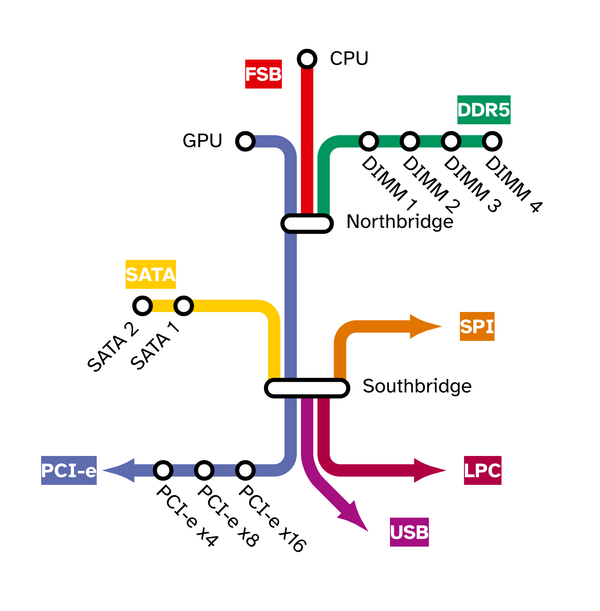The Manager's Guide – #79
Weekly Hand-Picked Collection Edition

15 principles for managing up
“When your boss loves you, you have options. Here's how to help your manager get what they need, so you get what you want.”
- 👋 Embrace managing up to further your career
- 🎯 Focus on the punchline to avoid back-and-forth
- 🧠 Show your thought process to propel the process forward
- 🚩 Flag potential issues to alleviate the burden on your manager
- 💡 Bring solutions, not complaints to be value-adding
- 📊 Use information hierarchy for effective communication
- 🔄 Keep your manager in the loop for expanded trust
- 🙇♂️ Proactively assert what to do to share the cognitive load
- 🤝 Don’t only ask questions, share your point of view
- 🔮 Anticipate questions to address them before they arise
- 🚪 Know when to get out if issues are deeply troublesome
- 🔍 Be explicit about what you need to get the right support
- ⏳ Expect to manage up forever as a continuous skill in your career
Headline driven development
Instead of MVPs, here is a simple process for shipping software projects that works.
- 💡 Decompose project into a stream of headlines
- 🚀 Ship the first headline by an aggressive deadline
- 🔄 Work on one headline at a time
- 🪓 Ignore tasks that don't help ship the headline
- 📰 Headlines communicate change effectively
- 🎯 Ruthlessly prioritize by cutting non-essential tasks
Have Concerns And Commit
- 💡 The topic of communicating top-down decisions you disagree with is important
- 🚀 Engage appropriately with decisions to communicate effectively
- 🛠 Give feedback on non-material decisions and ensure feedback is considered on material changes
- 🤝 A healthy sense of humility is essential when engaging with decisions
- 📋 Letting small issues go helps maintain focus on important matters
- 🔄 Avoiding agreement or disagreement with every decision fosters a better approach
- ℹ️ Leaders should provide sufficient information for supporting decisions
- ⚠️ Don't dismiss seemingly small issues that may be important
- 🛠 Forcing action on material and critical decisions is crucial
- 🤷♀️ Dealing with bad leaders requires evaluation and potential action
- ⚖️ Leaders should take ownership of outcomes and not act helpless
Clinical troubleshooting: diagnose any production issue, fast.
- 🛠 Clinical troubleshooting is a method for harnessing the diagnostic power of groups
- 🧠 Collaborative troubleshooting with a team can solve problems faster than solo troubleshooting
- 🤝 Bringing together a diverse group of perspectives is crucial for effective clinical troubleshooting
- 💡 Clinical troubleshooting involves steps like identifying symptoms, brainstorming hypotheses, and selecting actions
- 🔄 The clinical troubleshooting process involves cycling back through steps until a solution is reached
Four Responses to Feedback
- 📊 Feedback is data about our impact on others at a specific time, reflecting the giver's perspective
- 🌟 Acknowledge and appreciate positive feedback to make conversations more productive
- 🔧 Consider easy changes, hard changes, and changes that are too difficult/costly in response to negative feedback
- 🤝 Meet individually and in small groups with feedback providers to separate signal from noise
- 🗣 Share remarks with a larger group to build a feedback-rich culture if you are a leader
Wisdom From Three Stoics for Leaders
- 💡 The Stoics believed in self-development, resilience, and focusing on things within your control
- 🌟 Learning can be challenging when one thinks they already know everything
- 🧠 Asking questions and showing up as a learner can lead to growth
- 🌿 Tranquility can be achieved by doing less and focusing on essentials
- 🚫 People who can't say no often live frantic lives
- 💬 Communication and helping people identify essentials are key in leadership
- 🤔 Denial and defensiveness indicate blind spots that can be addressed by self-reflection and openness to feedback
Tech talk of the week
Better Code Reviews FTW! - Tess Ferrandez-Norlander - NDC London 2024
- 🚀 Code reviews are crucial for knowledge sharing and team collaboration, fostering code ownership and consistent patterns.
- 💡 Request targeted feedback, appreciate positive feedback, and prioritize major issues to streamline code review processes and encourage continuous improvement.
- 🔧 Automate tasks, prioritize timely reviews, and embrace incremental improvement mindset for evolving code quality over time.
- 💬 Initiate follow-up sessions, trust colleagues for minor fixes, and use concrete examples for effective feedback.
- ❓ Frame feedback as questions, avoid personal remarks, and resolve feedback stalemates proactively with compromises or seeking second opinions.
- ✍️ Watch for code review procrastination, manage time pressures effectively, and balance quick fixes with long-term code improvements.
That’s all for this week’s edition
I hope you liked it, and you’ve learned something — if you did, don’t forget to give a thumbs-up and share this issue with your friends and network.
See y’all next week 👋



